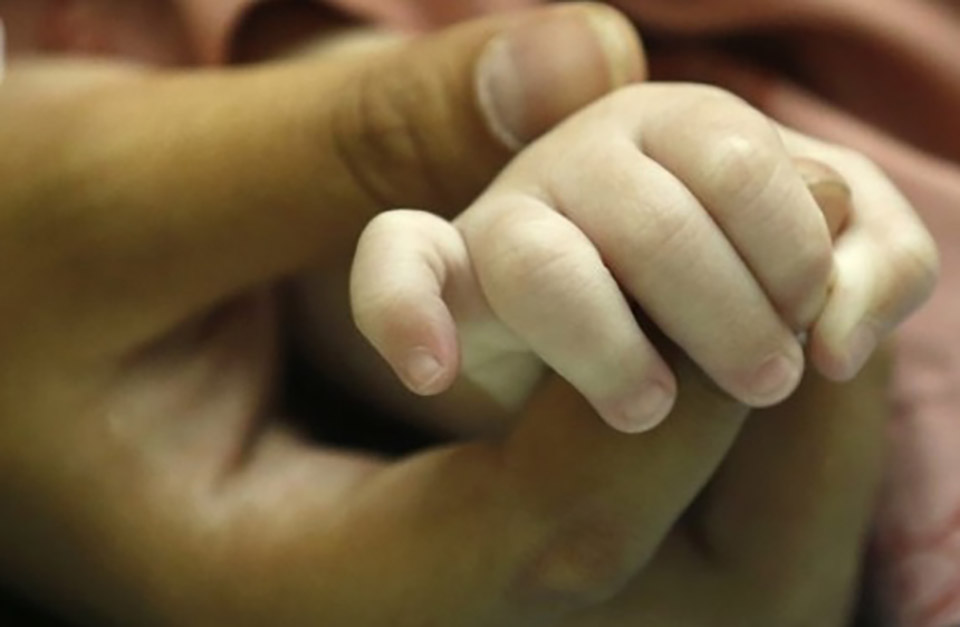
The Department of Health Service Support has announced plans to revise the nation’s surrogacy laws to allow foreign couples to access surrogacy services. Currently restricted to Thai nationals under the Protection for Children Born through Assisted Reproductive Technologies Act, the proposed amendments aim to broaden the eligibility for surrogacy to include foreign couples.
These changes, revealed by Deputy Director-General Arkhom Praditsuwan, are part of an effort to position Thailand as a global leader in surrogacy legislation and to invigorate the health economy.
This legislative update comes in the wake of strict regulations set in 2015 aimed at regulating the surrogacy industry and preventing controversies. The amendments are also designed to tackle Thailand’s demographic challenges, including a declining birth rate and an aging population. With the number of newborns falling below 500,000 last year and the elderly population set to rise to one-third by 2030, the country is focusing on boosting fertility rates.
The agency is also proposing further modifications to the act to enhance fertility treatment options. These include permitting biological relatives of women aged 20-40 to donate eggs and allowing women over 55 to engage surrogate mothers for their children. (NNT)









